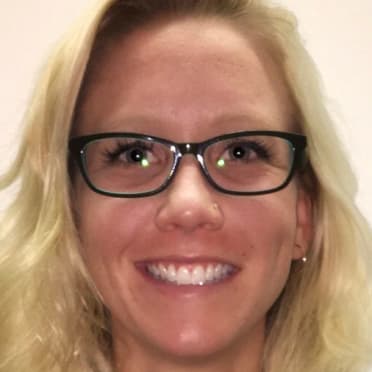When Anthony Alford began his professional journey with the Blue Jays in 2012, the club’s third-round Draft pick was splitting his time between the diamond and the gridiron, and the multisport athlete was relying on his ability and instincts to help him find success in baseball.
In his first few abbreviated seasons, Alford continued to depend on what came naturally, and when he finally had a chance to stay on the field for an extended period, it was what helped him impress.
“What I did in baseball was pure athletic ability,” Toronto’s No. 20 prospect said. “What people didn’t really understand much when I got into pro ball, in my first three years I had 94 at-bats over the course of three years. Then my first full season, I hit .298 between Low A and High A, and you’re talking about somebody who hadn’t really played in three years.
“I was successful because I just went out there and played. When I started thinking about cleaning up this and doing that and improving my swing, that took away from my athletic ability. If I can just go out there and play the game, not think about certain movements and just focus on competing, that’s when I’m at my best.”
What the scouts say
Through parts of eight Minor League seasons in the Blue Jays organization -- with five brief stints in the Majors -- Alford has compiled 1,814 at-bats. The 25-year-old outfielder has battled injuries as well as lofty expectations in limited opportunities, with bystanders anxiously awaiting his ability to pay dividends.
“The thing that stands out most is the athleticism, but his tools haven’t really played as well as you want them to,” one evaluator said. “I’ve given him so many chances over quite a number of years and he hasn’t really stepped up or made the adjustments that he needs to make.
“If he’s going to become an impact player on a big league team, he needs to use the natural ability that was so impressive when he first came on the scene and show that it can translate sustainably.”
Making the grades
Evaluating himself using a Major League Scouting Bureau report and the 2 to 8 scouting scale, Alford strayed from locking in present grades on all of his tools because of the limited opportunities he’s had to show them in the Majors. He based his future grades on the standards set by the Bureau.
“It’s realistic that I can hit .300,” Alford said. “If I’m healthy, I can hit in the .285 to .300 range. The thing that’s hurt me in the past were injuries -- except last year, I just didn’t hit well last year. So if I hit between .285 and .300 [the corresponding grades are six or seven], and I would say seven, because I’m biased.”
Alford tabbed the strongest aspects of his game as his run speed, baserunning ability and instincts.
“I think my baseball instincts are pretty high, but I’m obviously biased,” he said. “I’m pretty aggressive. And baserunning, that’s one of my strengths. I could be one of the best in the game at baserunning.”
“I think I glide,” he continued, working his way through the descriptors. “My mom [Lawanda] ran track, so I get it from her. I don’t know my home-to-first time, but the last time I ran the 60, I ran a 6.3. That was way back in high school. I’m probably about a 6.4 or 6.5 right now.”
Notable exception
One descriptor Alford stayed away from as he worked his way through the report was the word “durable,” after spending a significant amount of time on the sidelines, impacting his ability to build upon the strides he’s made in the interim.
“Definitely, it’s affected me a lot,” the native of Mississippi said. “But I know what I can do when I’m healthy, when I’m playing, when I’m on the field. You’re obviously going to go through ups and downs, but for me it’s a matter of perseverance, fighting through it and overcoming adversity. But I can’t go out there and play not to get hurt.
“When I play, I run a lot, steal bases, slide a lot, dive in the outfield. And all of that takes a toll on your body, but that’s my game. I can’t stop doing that because I’m afraid of getting hurt.”
Continued development
As Alford continues to learn, he acknowledges the information he’s gleaned can have an adverse effect on the field.
“I’m definitely a smarter player now, but I feel like it kind of hurt me because I overthink things a little too much,” Alford said. “I didn’t know anything when I first came in, but I feel like that’s why I was successful because I would just go out there and play. If you overthink, that’s where the failure comes in.”
Using trial and error as he works toward sustained success, Alford is anxiously anticipating an opportunity to see his future grades come to fruition.
“I’m not going to say I’m glad that I went through injuries, but you’d rather face adversity in the Minor Leagues than try to face it here on the big stage,” he said. “I feel like my time is coming, and I don’t know when or where, but it’s coming. And I’m looking forward to when that day does, so I can show what I can do up here.”
